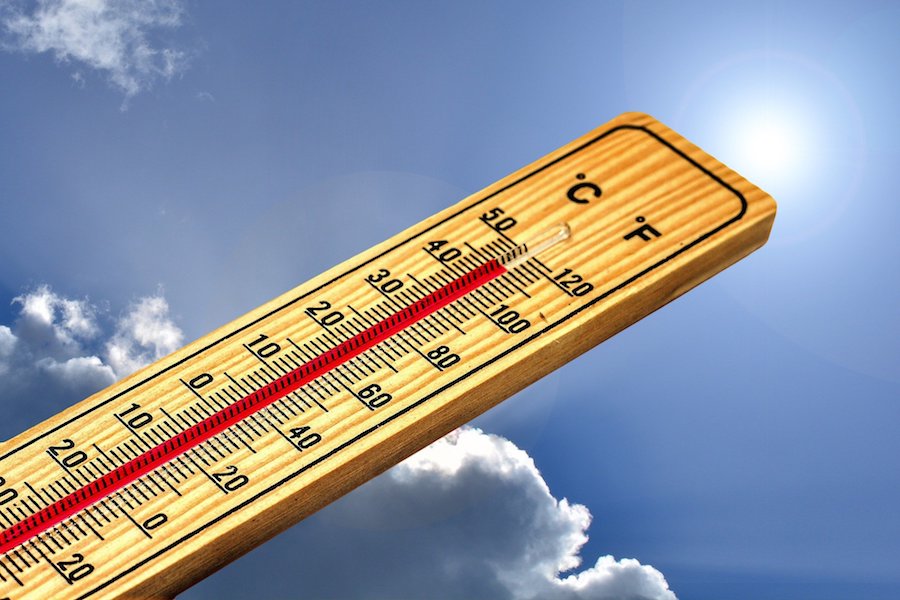WASHINGTON (July 19, 2022) — Much of Europe has been hit by the latest record shattering heat wave. Such sweltering temperatures are part of global trends toward climate-fueled high temperatures that can lead to wildfires and damaging health consequences.
The George Washington University has experts who can talk about various topics related to climate change science, the health impacts of extreme weather, mitigation strategies and the politics, policy and business side of climate change.
To schedule an interview with an expert, please contact GW Media Relations at gwmedia gwu [dot] edu or 202-994-6460.
gwu [dot] edu or 202-994-6460.
Public Health
Neelu Tummala, a clinical assistant professor of surgery, is a surgeon whose academic work focuses on the intersection of climate and health. She can speak to her experience treating patients who have been impacted by climate change, as well as how environmental justice impacts vulnerable populations.
Sabrina McCormick, an associate professor of environmental and occupational health, is a sociologist and filmmaker whose research investigates the social dynamics of environmental health. She has done research on how heat waves can affect human health and can also discuss strategies to stay cool and safe when the temperatures climb this summer.
Climate Change/Sustainability
Rachael Jonassen is an associate research professor in sustainable urban planning and director of climate change and greenhouse gas management at GW’s Environmental & Energy Management Institute. Her expertise includes climate change science and risk, science policy, and displacement as a result of climate change.
Lisa Benton-Short, a professor of geography, can talk about how climate change impacts cities and what they are doing to adapt to and mitigate climate change.
Politics & Policy/Business
Nina Kelsey, an assistant professor of public policy and international affairs, is an expert on international environmental negotiations and renewable energy policy. Her research examines the role of interests in environmental policy making and negotiation.
Royce Francis is an associate professor of engineering management and systems engineering. His research and professional interests are at the interface between environmental and sustainability engineering and policy. He can discuss urban resilience in the face of climate change, as well as water infrastructure development, resilience, and sustainability.
Michael Svoboda, an assistant professor of writing, is an expert on climate change and politics, climate change and popular culture, and communication about climate change.
Robert L. Glicksman, the J.B. and Maurice C. Shapiro Professor of Environmental Law, is an expert on environmental, natural resources and administrative law issues. He can discuss alternative ways to allocate regulatory authority, climate change, federalism issues in environmental law and the challenges facing federal land management agencies.
Jeff Lane is an adjunct professor of political management who teaches an energy and environmental policy course. Lane served in senior federal positions in the executive and legislative branches for two decades, most notably as assistant secretary for congressional and intergovernmental affairs at the U.S. Department of Energy in the Obama administration. He can provide unique insight into how environmental policy is developed and carried out in Congress and the White House.
Jorge Rivera is a professor of strategic management and public policy. His research looks at how a firm’s strategy is affected by different dimensions of climate change’s adversity.
-GW-


